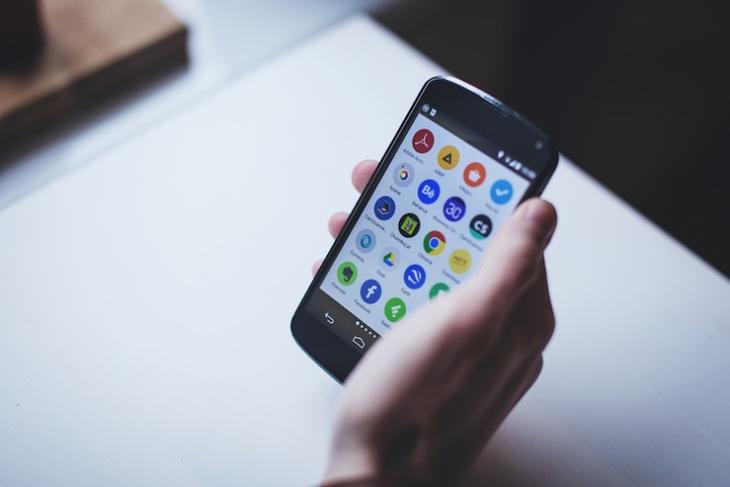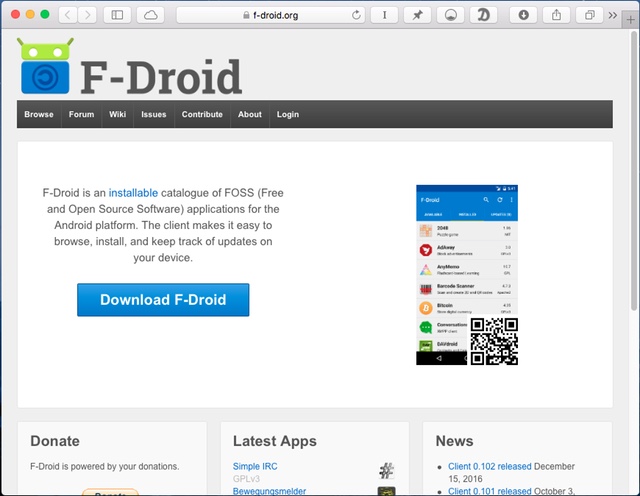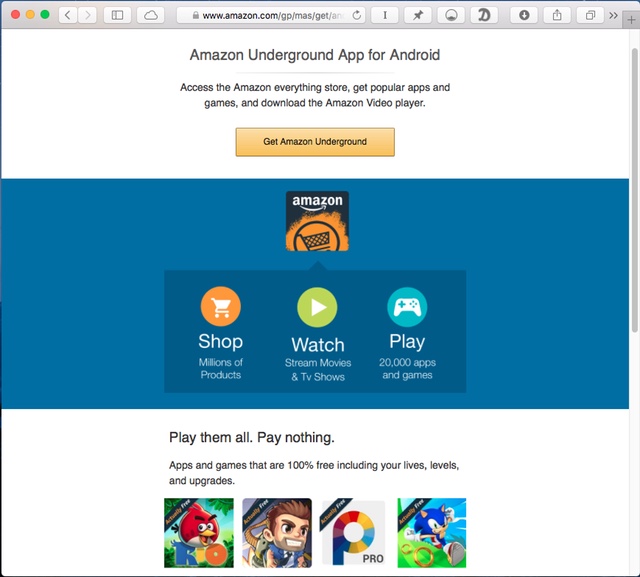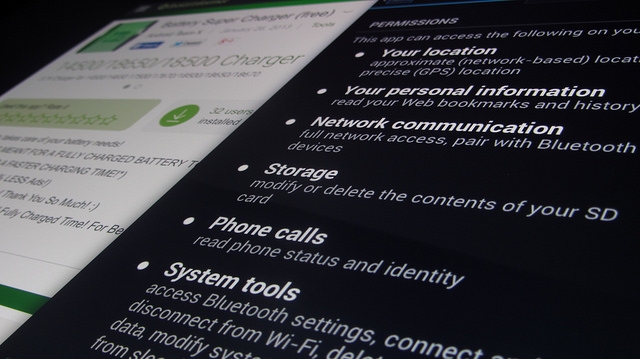Why You Should Never Download Android Apps From Random Websites

Google Play Store is the premier marketplace for gratuitous and paid Android apps. It streamlines the process of browsing, downloading, and installing a variety of apps — therein facilitating the use of smartphones. Even so, it'southward not the only marketplace for getting Android apps. In that location are many third-party marketplaces out at that place.
Some marketplaces offer open source, free, or specialized apps while others may host pirated or croaky apps. With a unproblematic Google search, you tin hands go paid apps and games for complimentary. A novice user can sideload these apps without understanding its consequences. In this article, we tell yous why you should be cautious while downloading Android apps from random websites.
Demand for Third-Political party Android Marketplaces
Google has improved its app store in the past few months, but sometimes yous may need apps from third party marketplaces. There are valid reasons for the existence of these substitute store, and while they may not accommodate all the functionalities you may want, they come in handy when in demand. Apps hosted in these third-political party marketplaces fall under following categories:
- The showtime category includes apps that are likewise bachelor in the Google Play Store. App developers may choose to submit their apps to both official and alternative marketplaces to reach more users.
- The 2d category contains apps only available from the 3rd-political party marketplaces. App developers may create apps that target specific customers (east.g., in their own regions, countries, or languages).
- The third category contains apps that are gratuitous and open-source (FOSS). For example, F-Droid is an itemize of FOSS apps for the Android platform. The F-Droid client app makes it easy to scan, install, and keep track of updates on your device.

- The quaternary category contains apps that are not available in your country due to geo-restrictions or let y'all install older versions of popular apps. This can help yous to roll back a particular app to an earlier version, if the new one starts crashing or removes features y'all use frequently.

As y'all can encounter from the higher up list, third-political party marketplaces exists for valid reasons. Unfortunately, not all marketplaces are same. In lure of earning money, some marketplaces offer pirated Android apps and games for free or worse repackage popular apps with malicious lawmaking to infect Android devices. Google doesn't have any policies to govern these third-party marketplace neither they endorse them.
Risks in Downloading Apps from Random Websites
A recent study past Trend Micro has shown that malicious apps are common in the third-party marketplace. The about notable trait of these malicious apps (detected as ANDROIDOS_LIBSKIN.A) are their capability to root. One time the app gains the root privileges, information technology can do anything with your device — install apps without your knowledge, steal your personal data, or steal banking credentials.
A report by Arstechnica have also shown that some apps available in the 3rd-party marketplace has the capability to root your phone. When you install an infected app, it sends your information to a remote server, which in turn download a number of rootkits that takes advantage of Android KitKat and Lollipop OS'es exploits. The rooted device then install apps which in turn steals the authentication tokens of your Google business relationship.
Cheetah Mobile Security Lab took samples from several tertiary-party marketplaces and found some interesting facts. Nigh of these apps contain malicious code hidden within the popular apps and games. Amid them, adware accounts for 39%, and high-risk malware for 0.08%.
Although there are more reports out there, these studies bear witness that majority of malware comes from exterior the Google Play Store. The malware is distributed in multiple means — in the disguise of a pirated app, legitimate app repackaged with malicious code, drive-by download assail, and more.
-
Repackaged Legitimate Apps
Repackaging is the worst form of attack, because malware authors usually enclose malicious code in pop apps and distribute them in the 3rd-party marketplace. Like whatever apps, repackaged apps utilize social engineering tactics, displaying aforementioned user interface, icon, and app labels to fox users. Your device gets vulnerable by merely downloading and installing these infected apps.
Co-ordinate to this commodity from Trend Micro, well-nigh of these repackaged apps replace in-app advertisements or embed new ones to steal or re-road ad revenues, resulting in a financial loss for the original developers and harm users.
A repackaged app with malicious lawmaking can perform a variety of malicious activities, such every bit switching on the GPS without user consent to get authentic location, send SMS to premium-rated numbers, rooting the phone to gain total administrator privileges, downloading additional apps from the Net, or fifty-fifty registering the compromised phones every bit bots.
-
Drive-by Download Attack
In this, when a user taps a in-app advertisement link, information technology will redirect the user to a malicious website which claims to exist a universal video downloader or a fake battery analyzer. This simulated app uses a legitimate icon and a familiar interface to trick users, thereby gaining permission to access your device storage, phone identity, location, contacts, and IP address.

Come across ALSO: Best Ways to Keep Your Privacy on Android
Beware of malicious apps on Android
Android'southward open-source status makes it hands accessible to people and developers as a whole, but also leaves the door open for malicious apps. Google carefully monitors the Store, and updates it, as and when needed. Rotten apps exercise sideslip through on occasion, but Google is fairly quick at removing annihilation problematic. If you desire an app, practise a search on Play Store, instead of using a Google Search (y'all may easily get a pirated app for free and if you don't believe it, but search for Nova Launcher Prime APK). So, to sum things upwards, information technology'due south always best to simply install apps from the Play Store.
Well, those were our thoughts on why you should never download Android apps from random sources. What do you think? Let united states know your thoughts in the comments section below.
Source: https://beebom.com/why-you-should-never-download-android-apps-random-websites/
Posted by: shepherdcousemen.blogspot.com


0 Response to "Why You Should Never Download Android Apps From Random Websites"
Post a Comment